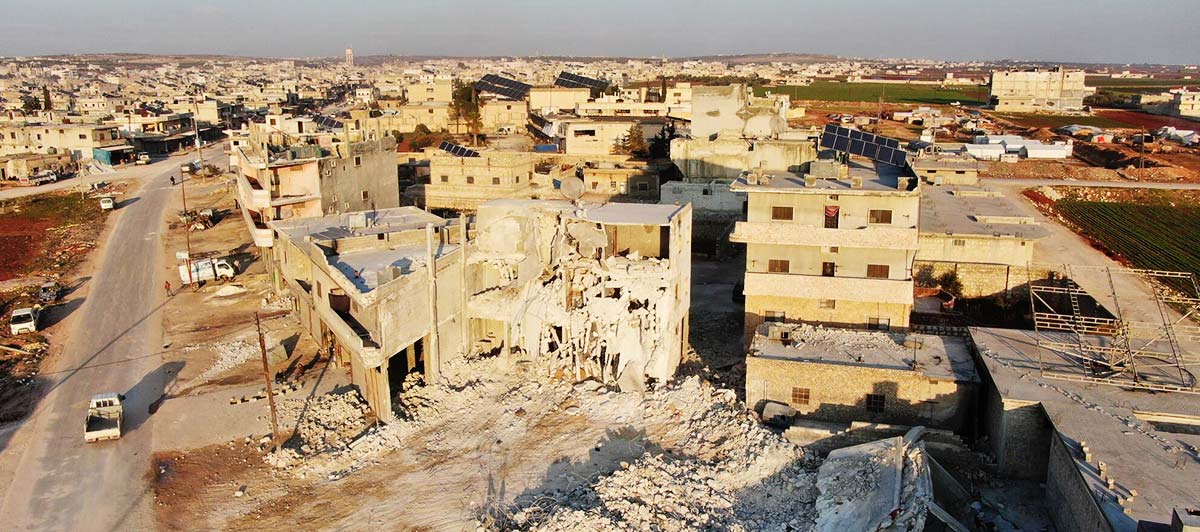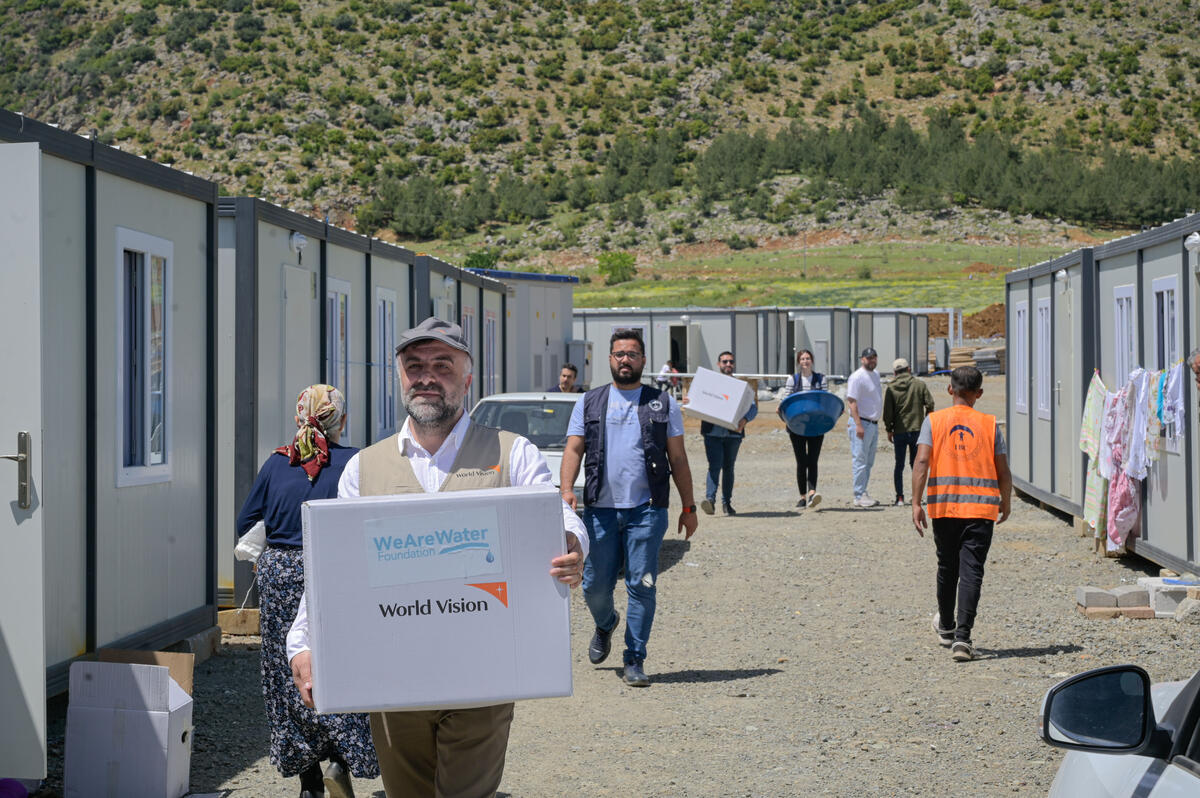On September 8, a magnitude-6.8 earthquake struck parts of Morocco late in the evening as people slept. Nearly 3,000 people are confirmed dead (as of date) and 5,500 more are injured, according to the UN Office for the Coordination of Humanitarian Affairs (OCHA).
Currently, World Vision International is not active in response efforts. The Moroccan authorities are leading all response activities and have asked Britain, Spain, Qatar and the UAE to participate by sending aid. According to OCHA, “Civil protection units have been deployed to increase stocks in blood banks and ensure the supply of vital resources, including water, food, tents, and blankets to affected areas. Moroccan Red Crescent teams continue to respond on the ground, providing first aid, psychosocial support and helping transport the injured to hospitals.”
World Vision International’s Chief Field Operations Officer, Jean-Baptiste Kamate, has made the following statement:
“Our hearts go out to the people of Morocco following the devastating and deadly quake. We know hundreds and possibly many more have been killed by this terrible magnitude-6.8 quake which struck in the Atlas Mountains but that has impacted the nearby city of Marrakesh, pulling down buildings and reportedly killing whole families.
"This is the most powerful quake to have struck the country in at least a century. Tremors were felt as far away as Portugal. It is going to take time to establish the extent of the damage in remote mountain villages in the Atlas Mountains.
"World Vision is not present in Morocco, but our response unit is gathering more information about the severity of the crisis from established disaster sources.
"Please pray for the people of Morocco and the rescue and recovery efforts of families, civil society and rescue teams in the country.”
Understanding the impact of earthquakes
Earthquakes are caused by sudden release of energy in the Earth's crust, resulting in the shaking and trembling of the ground. Tectonic plates beneath the Earth's surface grind against each other and can get stuck. The friction caused by this movement is released as a series of seismic waves--better known as an earthquake.
The damage caused by earthquakes can be devastating. Primary effects include ground shaking or rupture, which can overturn buildings, bridges, and other structures. These direct impacts often lead to injuries, widespread property damage and even fatalities. Additionally, ruptured gas lines and electrical infrastructure can result in fires and power outages.

Secondary effects are equally destructive. Earthquakes can trigger tsunamis (when they occur under the ocean), landslides and liquefaction. The latter is a phenomenon where saturated soil temporarily turns into a liquid-like state, causing buildings to sink or tilt.
The severity of earthquake damage depends on various factors, including the earthquake's magnitude, depth, proximity to populated areas, building construction quality, and the preparedness measures in place.
In earthquake-prone regions, strict building codes and early warning systems can help mitigate the impact. Nonetheless, earthquakes remain a significant natural hazard. This is why ongoing research and disaster preparedness to protect lives and property is so important.

World Vision and its local partner International Blue Crescent supporting people affected by the earthquake in Türkiye with clean water thanks to We Are Water Foundation funding. Photo: World Vision Syria Response
Providing lifesaving aid during emergency responses
World Vision (WV) has extensive experience responding to earthquakes and providing emergency support in various regions around the world. In the last year, WV has been present in Indonesia and on the Türkiye/Syria border to provide emergency aid.
During emergency responses, it is crucial to act quickly and efficiently to help families and children survive sudden disasters. World Vision’s partnership warehouses around the world make this possible by providing readily available emergency supplies that can be transported into crisis response zones.
Once an emergency is declared in a supported region, WV responds by providing emergency funds, staff and materials such as food and water, medical supplies, blankets and tents, and psychosocial support.